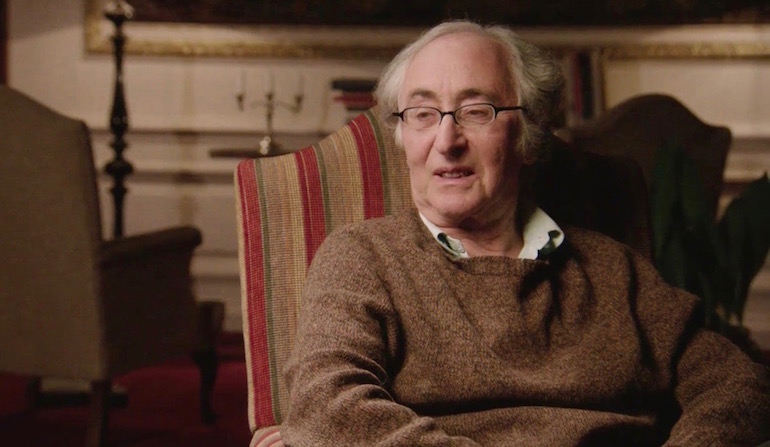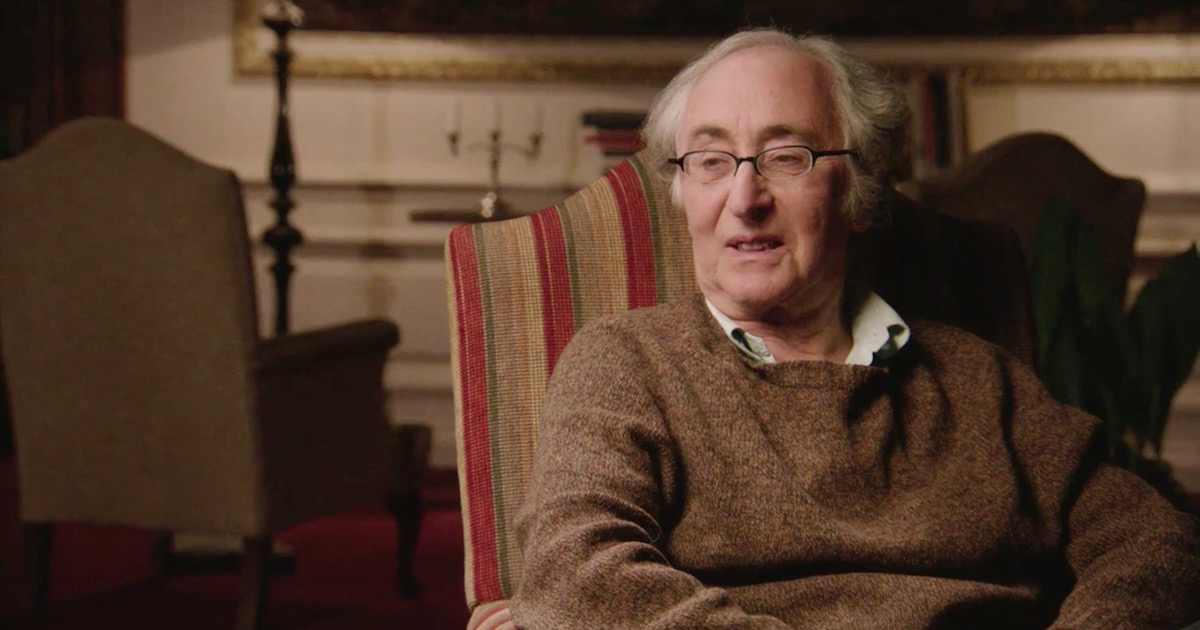 Evolution
Evolution
 Intelligent Design
Intelligent Design
 Physics, Earth & Space
Physics, Earth & Space
Brian Josephson, Nobel Laureate in Physics, Is “80 Percent” Confident in Intelligent Design

This is new to me. Brian Josephson is a Welsh physicist and 1973 Nobel laureate who estimates his confidence in intelligent design at about 80 percent. It comes up in an interview with host Robert Lawrence Kuhn for the PBS series Closer to Truth. Click on the image above to go there.
Given the choice between ID, theistic evolution, and unguided or “random” evolution, Dr. Josephson opts for intelligent design:
I believe that intelligence may play a role in how evolution has occurred. One of the big mistakes of those who attack intelligent design is to regard evolution and God as mutually exclusive, so they say that someone who believes in intelligent design doesn’t believe in evolution, but that’s not the case. Also, I’d say science has disappeared into something political, really, as the statement that “creationism disguised as science” is a totally false view of what’s happened.
He distinguishes between ID and Young Earth Creationism, saying that while ID proponents may hold religious beliefs, those do not determine their scientific conclusions:
We may have these [religious] beliefs but let’s see what science can tell us, and that’s what intelligent design is, it isn’t “creationism in disguise” at all.
He compares design in evolution to human creativity, and concedes that his ideas about ID may not be consistent with traditional theism. The kicker comes at the end. Kuhn asks: “What is your confidence level, on a scale of 0 to 100, that the design of the process of evolution is by some kind of transcendent intelligence?”
Josephson answers: “Well, about 80 percent perhaps,” adding that “materialism would have a hard time if that were known to be correct.” And that is certainly true.
It need not be added – but I’ll add it anyway – that, obviously, one Nobel laureate’s say-so doesn’t establish the argument for design in biology or cosmology. But this is interesting, and it goes to show something we have seen here before: that once you reach a certain level of stature, and perhaps a certain age as well, you stop feeling the need to self-censor. Then the truth, as you see it, comes out. The same might be said of another Nobel Prize winner in physics, Charles Townes, who came out for intelligent design in cosmology.
At Uncommon Descent several years ago, V.J. Torley noted some ID-friendly remarks made by Josephson in a 2008 lecture to the Cambridge Physics Society, but this would seem to seal the case.
To judge from his Wikipedia page, this is not the first time Dr. Josephson has expressed sympathy for unorthodox views. Closer to Truth doesn’t date the interview, but one comment on it at their website goes back three years, so it’s not brand new. He is 77 years old and an emeritus professor at the Cavendish Laboratory, Cambridge University.
Photo: Brian Josephson, via Closer to Truth.
H/t: Günter Bechly.

